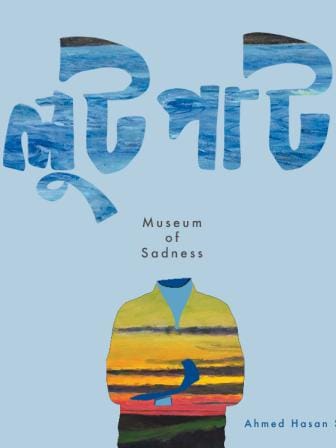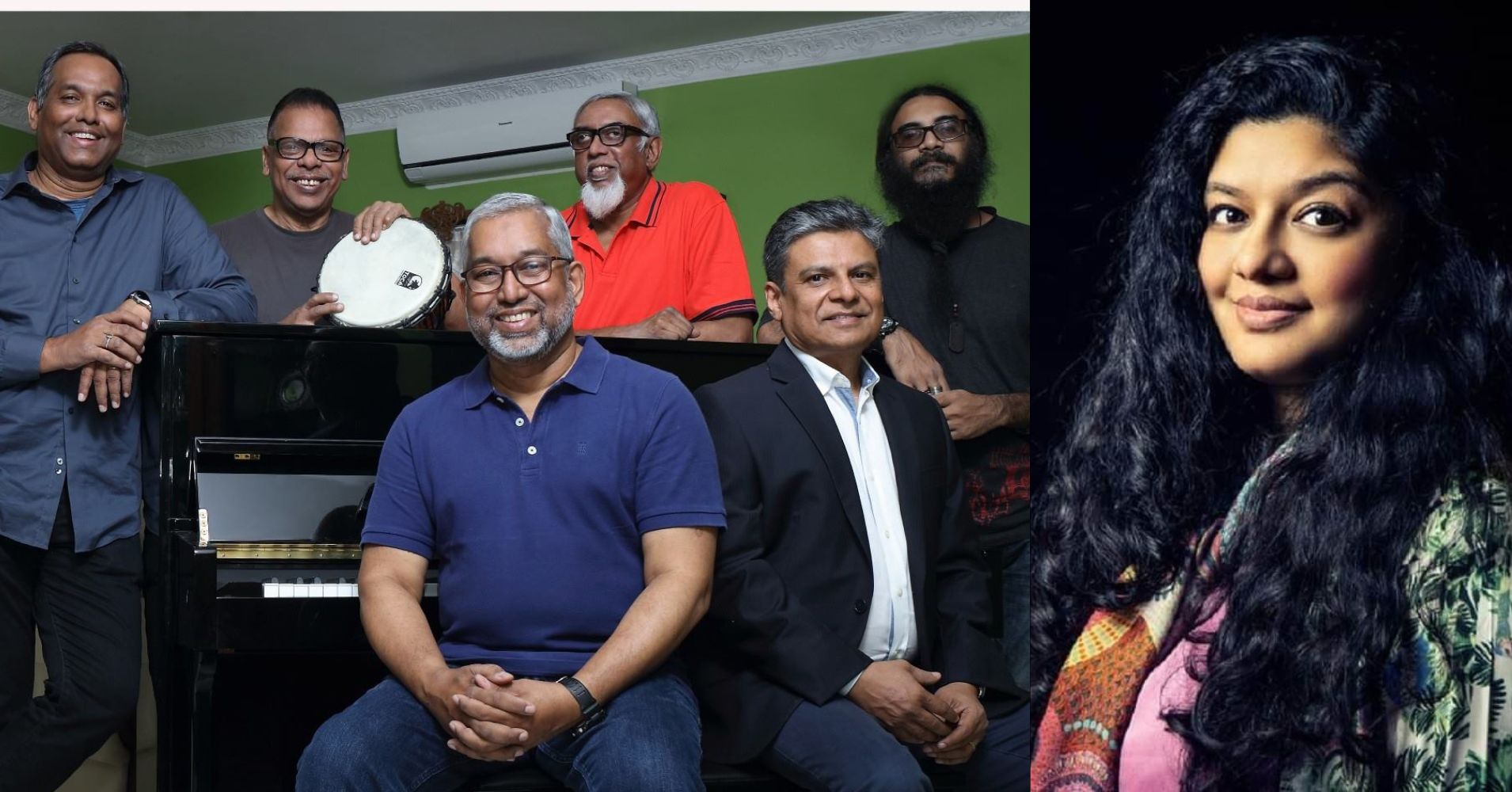A journey of poetry and music: In conversation with Ahmed Hasan Sunny

Known for his ability to seamlessly blend different genres and styles of music along with his distinctive voice and heartfelt lyrics, Ahmed Hasan Sunny has left an indelible mark on the Bangladeshi music scene. Sunny quickly rose to fame with his impressive vocal range and for its versatility. Some of his popular hits include "Amare Uraia Dio", "Shob Plastic Er Putul", and "Anondo Bhoirobi". His performances are marked by a powerful sense of urgency and passion, bringing his lyrics to life with every breath.
The Daily Star sat down with him to talk about his musical journey, love for poetry, upcoming works, and more.
How did your journey in music begin?
My musical journey wasn't something planned at first. Many things came and left but the music was a constant. I like poetry and have always tried to bind the words with a musical composition that ultimately influenced me to carry on singing. It's been 15 years since I've been singing and one day I simply looked back and was amazed by how far I have come. I dropped my first album back in 2016. It was a completely experimental album. No one knew me back then and even to this day not many people have listened to it. But I think I have created quite a signature for myself in that album. Then in 2018, I started as a playback singer in Shopnojaal.

"Shohorer Duita Gaan" has received immense love and popularity. What is the story behind this song?
One day I was just reading this poem by Al Mahmud "Ar Ashbona Bole", and I felt so blue. I found the words so profound, such a beautiful piece of poetry it makes me sad every time I read it and I can express emotions through tunes very well. So, I was just doing that with my guitar and it came to me naturally.
The other one is a poem as well, "Ei Shohor Amake Dey Ne Kichui", written by Muiz Mahfuz bhai. Later, when I went to Hatirpool Sessions, everyone present there asked me to do an original instead of what I planned, which was Tom Waits "Yesterday Is Here". When asked between picking one, which was what everyone was doing, we decided to go with both. Connected under the theme of Shohor, it became "Shohorer Duita Gaan".
Being a poet yourself, how do you envision the dichotomy of poetry and song-writing?
Poetry carries an innate rhythm within and a musician has to try to listen to that unsung rhythmic construction. It doesn't necessarily require any specific sort of creative process for me but I think it is a must to have an ear to finding out the hidden symphony that is expressed within the verse.

Can you tell us about your latest project, "Museum of Sadness"?
There's this beautiful poem by Abul Hasan called "Udito Dukkher Desh", which inspired the name of the album. Our sadness gets piled up over time and I want to put mine in a museum like an exhibition that I can revisit. I'm the curator and I'm the visitor. There will be lots of melancholia and nostalgia and of course, all the sadness that I'm putting in the museum.




 For all latest news, follow The Daily Star's Google News channel.
For all latest news, follow The Daily Star's Google News channel. 
Comments